How do planetary bodies lose volatiles?
- 1Institute of Astronomy, University of Cambridge, Madingley Road, Cambridge CB3 0HA
- 2Department of Earth Sciences, University of Cambridge, Downing Street, Cambridge, CB2 3EQ, UK a
- 3School of the Environment and Earth Sciences, Tel Aviv University, Ramat Aviv, 6997801 Tel Aviv, Israel
In order to form a rocky, potentially habitable planet, like Earth, the planet’s building blocks must loose volatiles. White dwarfs that have accreted planetary material provide the perfect opportunity to study the volatile content of planetary building blocks. The unique behaviour of Mn and Na depending on the conditions under which volatiles are lost means that planetary material in the atmospheres of white dwarfs can tell us how planetary building blocks lost volatiles [1]. This talk will summarise some recent results regarding observations of volatiles in the atmospheres of white dwarfs, models that describe how white dwarfs accrete volatiles and evidence from white dwarfs for volatile loss both early, in the hot, inner regions of a planet-forming disc and late, when large-scale melting is induced following impacts.
How to cite: Brouwers, M., Bonsor, A., Harrison, J., Shorttle, O., and Malamud, U.: How do planetary bodies lose volatiles? , Europlanet Science Congress 2022, Granada, Spain, 18–23 Sep 2022, EPSC2022-1223, https://doi.org/10.5194/epsc2022-1223, 2022.

